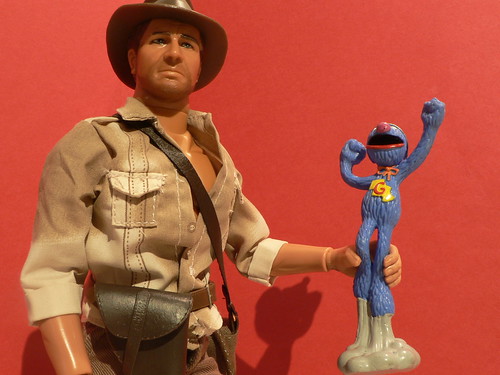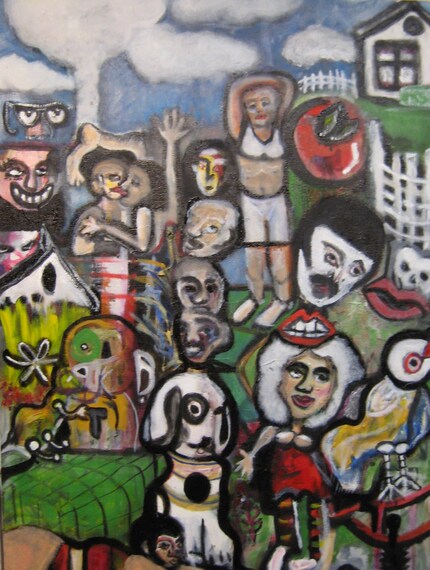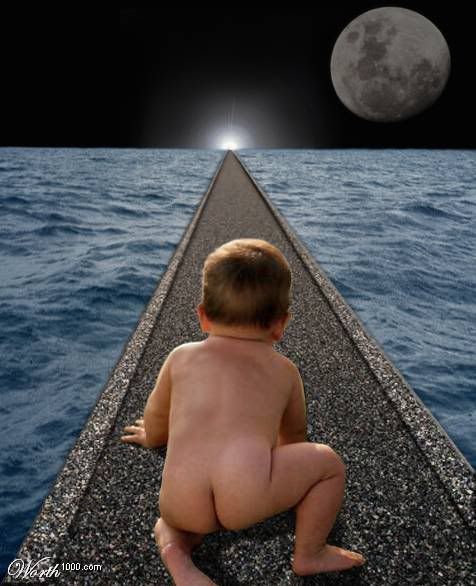
Laying in the dark this morning I was thinking about skepticism, namely my own. I was listening to NPR as usual and noticing how surprised I was to hear someone who sounded honest and principled describing his role as a investigator into criminal exploitations of the recent TARP money. This would be Neil M. Berofsky, inspector general in this department. Read or listen to it for yourself here. Integrity seems to be a rare commodity in public life (and private life for that matter).

One recent recipient of the Pulitzer was quoted on this morning news as “not really thinking about the Pulitzer.” I found this a bit hard to swallow. Maybe it’s true, but earlier I heard how certain online news organizations were not applying to the Pulitzer this year because of the vagueness of the eligibilty requirements (i.e. one of the requirements is that the reporting be local and original…. is it local on the web? if you link into tons of other pertinent material have you violated this requirement).
Then I thought, Hey. Wait a minute. You have to apply to receive these prizes. Wild-eyed idealist that I am I always envisioned nominations from peers and the reading public. Silly me.

This led me to think about my own deeply rooted skepticism of all things public. I often recall how people in the USSR would read Pravda newspaper.

They knew much of what was in the paper was untrue but they learned how to read between the lines.
This can be helpful when reading U.S. newspapers and is essential to listening to broadcast news (NPR or TV or others).


I fear this habitual resistance to suspending my disbelief might contribute to my own inability to be entertained by many fine movies and tv shows. I often but not always have trouble suspending my skepticism long enough to enter into a contemporary piece of broadcasting or story-telling. It’s easier with the written word but still I am infected with a bit of downhome “show me” attitude. It’s probably a good thing.
I’ve also been musing on our need for each other as humans. I’m sure this is related to recent events in my life where I have learned to appreciate it when family members (my daughters in particular) take the initiative and reach out to connect to myself and the extended family. I also have survived the recent stress in my life not only by reaching out to loved ones but also taking solace in great music, poetry and prose.
I feel connected when I play or listen to Mozart….
or read Emily Dickinson…. or Dostoevsky or Tolstoy.





I have never been comfortable with the terms “fully human”. To me it relates to the Salvador Dali dictum, “Do not strive to be modern, it’s the one thing you cannot avoid being”.
I guess what I was trying to express was my own understanding that I do not exist in isolation even though I seek and value solitude. In my solitude I am still connected to many other people living and dead. In this connection I find my true community which helps me to continue thinking and growing. When I seek isolation and do not find connections to people I tend to do my worst thinking and definitely am not likely to grow. But of course this is just how it seems to me.